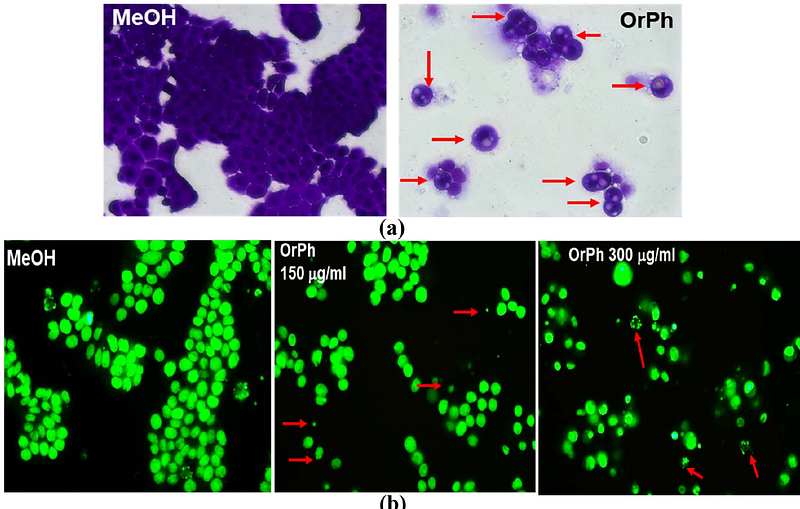An organic extract from ascidian Ciona robusta induces cytotoxic autophagy in human malignant cell lines

An organic extract from ascidian Ciona robusta induces cytotoxic autophagy in human malignant cell lines
Gallo, A.; Penna, Y. M.; Russo, M.; Rosapane, M.; Tosti, E.; Russo, G. L.
AbstractThe last decades have seen an increase in the isolation and characterization of anticancer compounds derived from marine organisms, especially invertebrates, and their use in clinical trials. In this regard, ascidians, which are included in the subphylum Tunicata, represent successful examples with two drugs, Aplidine(C) and Yondelis(C), that reached the market as orphan drugs against several malignancies. Here, we report that an organic extract prepared from homogenized tissues of the Mediterranean ascidian Ciona robusta inhibited cell proliferation in HT-29, Hep G2, and U2 OS human cells with the former resulting as the most sensitive to the extract (EC50 = 250 g/ml). We demonstrated that the ascidian organic extract was not cytotoxic on HT-29 cells induced to differentiate with sodium butyrate, suggesting a preference for the mixture for the malignant phenotype. Finally, we reported that the cell death induced by the organic extract was mediated by the activation of a process of cytotoxic autophagy as a result of the increased expression of the LC3-II marker and the number of autophagic vacuoles, which almost doubled in treated HT-29 cells. In summary, although the detailed chemical composition of the Ciona robusta extract is still undetermined, our data suggest the presence in it of bioactive compounds possessing anticancer activity